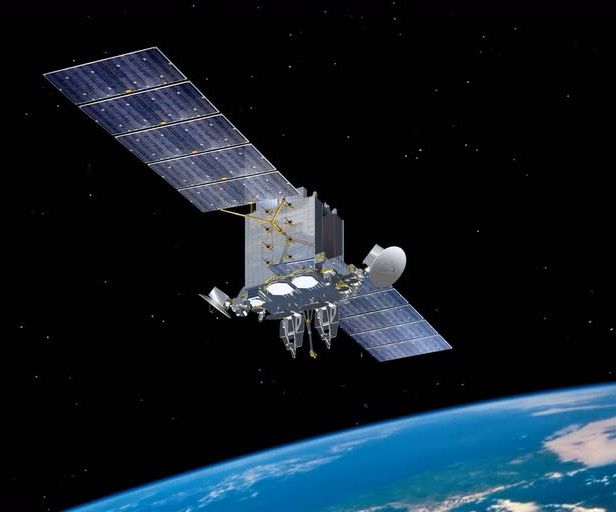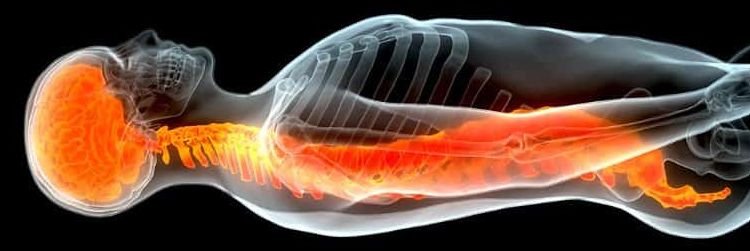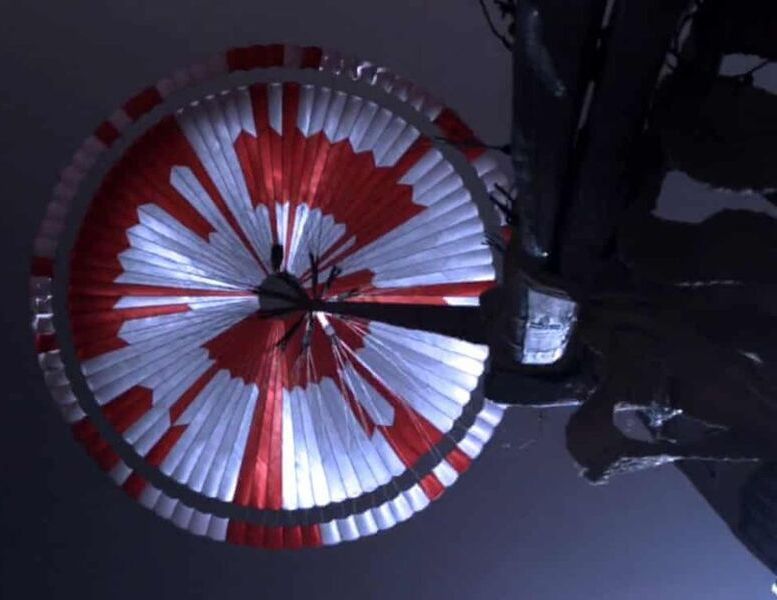Circa 2020
Neutrinos from a long-theorized nuclear fusion reaction in the sun have been definitively observed, confirming the process that powers many stars.

Monitoring your vital signs is becoming easier and easier these days, critical if you want to keep track of your general health and well being, and incredibly useful if you want to see how a life style, or dietary, change is playing out. In this video I look at two new companies that are utilising mobile phones to measure a whole raft of biometric data, simply and easily, and clinically tested to deliver medical-grade accuracy. And these are just first generation versions, who knows where this will take us, and what we will be able to monitor quickly and easily in the next few years.
Medical Diagnosis Software With Just A Smart PhoneIn the near future, your phone or a wearable of some description, will constantly be able to monitor all your health signs continuously ready to alert you to any worrying signs, and what they can do today is just the beginning of where we are heading.
With AI powered deep learning and other computing techniques, more and more analysis will become easily and quickly measured at home, so you can track all your biomarkers and vital signs so you can see how you are reacting to a new treatment, or a lifestyle change, or anything else you wish to know about.
If you haven’t already seen it why not check out this video on the other technologies that are set to revolutionise our lives in the next decade.


Summary of bio-tech history and technology. iTR at 26 minutes.
Annual corporate presentation from AgeX’s annual stockholder meeting in 2020, presented by Dr. Michael West.
1:39 — Mission of AgeX
7:52 — PureStem.
9:58 — UniverCyte.
13:04 — Business Strategy.
18:28 — Brown Adipose Tissue cell therapy (BAT-1)
23:52 — Vascular cell therapy (VASC-1)
25:14 — Induced Tissue Regeneration (iTR)
31:06 — 2021 milestones.
31:42 — Summary

NU-9, a novel, non-toxic protein, targets upper motor neurons and reverses damage associated with ALS within 60 days of treatment.
Summary: NU-9, a novel, non-toxic compound, targets upper motor neurons and reverses damage associated with ALS within 60 days of treatment.
Source: Northwestern University


